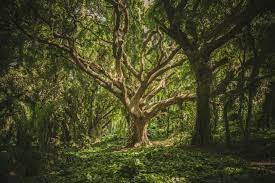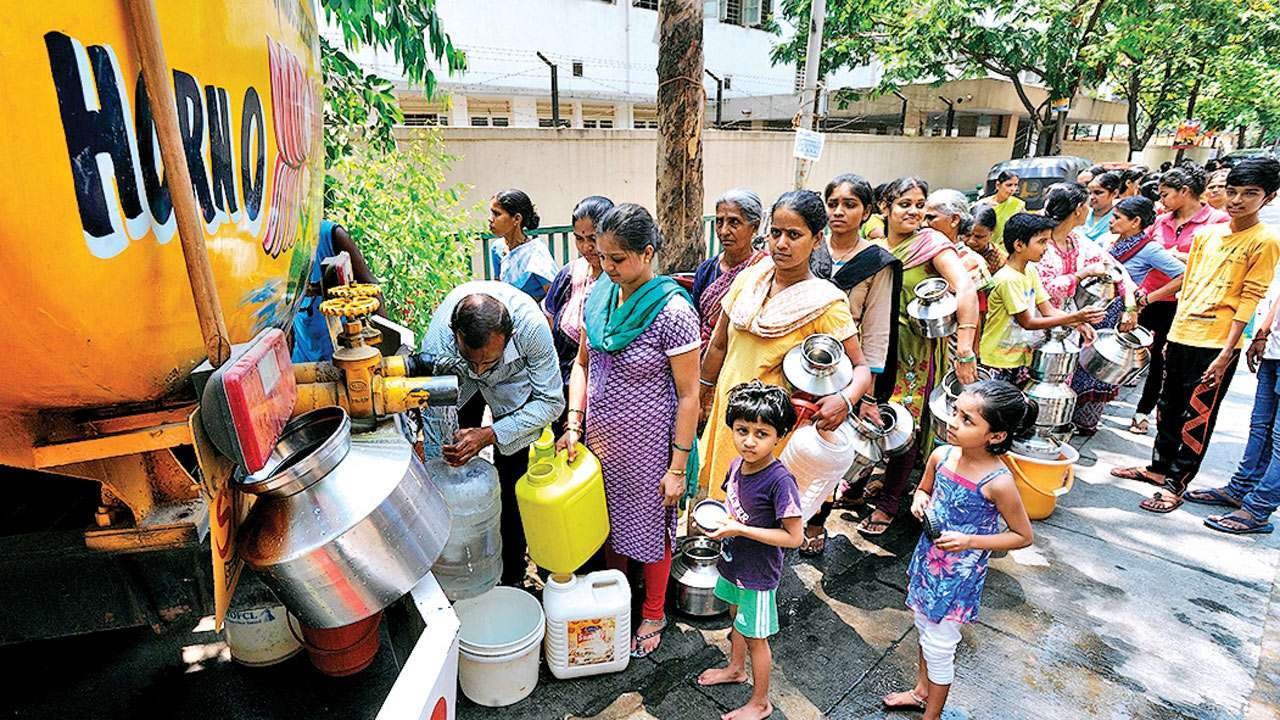NEW DELHI, March 15: The Centre has written to states highlighting instances where developmental activities for forest rights holders, such as construction of schools, hospitals and water supply infrastructure, are not being allowed, impeding their overall socio-economic progress.
The ministries of environment and tribal affairs jointly wrote to the chief secretaries of all states and Union territories concerned on Thursday, providing a comprehensive set of guidelines and clarifications for the proper implementation of the Forest Rights Act (FRA), 2006.
The FRA acknowledges and vests forest rights and occupation in forest land to forest-dwelling scheduled tribes and other traditional forest dwellers, who have inhabited forests for generations but whose rights were not documented.
The Union ministries said that the Centre has consistently urged state departments to offer all necessary support, post-claim assistance and guidance to forest rights holders and to initiate specific projects and programmes to enhance their livelihoods.
“The states have also been requested to coordinate with all relevant departments to ensure holistic socio-economic development of the forest rights holders,” the letter to the chief secretaries said.
“However, it has come to the notice of the Government of India that still, issues are arising in states, in providing post-claim support and hand-holding to the holders of forest rights, including benefits under housing, agricultural and livelihood schemes,” it said.
The ministries explained that Section 3(2) of the FRA, 2006, allows for the diversion of forest land for 13 developmental activities or government-managed facilities, including schools, dispensaries, hospitals, anganwadis, fair price shops, electric and telecommunication lines, tanks, drinking water supply, irrigation canals, non-conventional energy sources, skill enhancement or vocational training centres, roads and community centres.
The PM-JANMAN scheme provides for the construction of roads, hostels, multi-purpose centres, anganwadi kendras and telecom connectivity for habitations lacking these amenities.
However, it has been brought to the government’s attention that in some cases and states, these facilities are not being allowed to be constructed, the ministries said.
Facilities being denied include school components like hostels and kitchens, construction of multi-purpose centres under the PM-JANMAN scheme, skill enhancement and vocational training, community centres, anganwadis, dispensaries, and government-managed roads, electricity and mobile towers.
According to guidelines issued by the tribal affairs ministry in 2009, divisional forest officers (DFOs) are authorised to consider and approve proposals submitted by user agencies. If a proposal is not approved by the DFO, the district-level committee should make a final decision without delay, the ministries said.
“Accordingly, states and UT governments are requested to follow the guidelines issued by the Ministry of Tribal Affairs regarding these provisions for seeking approval for diversion of forest land for 13 facilities managed by government under Section 3(2) of the FRA, 2006, as also indicated under Rule 16 of the Scheduled Tribes and Other Traditional Forest Dwellers (Recognition of Forest Rights) Rules, 2007, as amended from time to time,” the letter said.
This will facilitate the provision of basic amenities and livelihoods to claimants and communities whose rights have been recognised and vested under the FRA, provided that forest land diversion is permitted only if tree felling does not exceed 75 trees per hectare, the forest land to be diverted is less than one hectare, and such development projects are recommended by the gram sabha, the ministries said.
The ministries reiterated that any project involving land exceeding one hectare and not listed under the facilities mentioned under Section 3(2) of the FRA will be treated under the provisions of the “Van (Sanrakshan Evam Samvardhan) Adhiniyam”, 1980, and its rules. (PTI)












